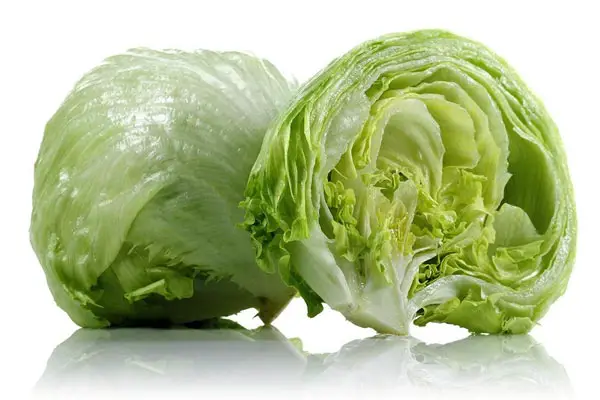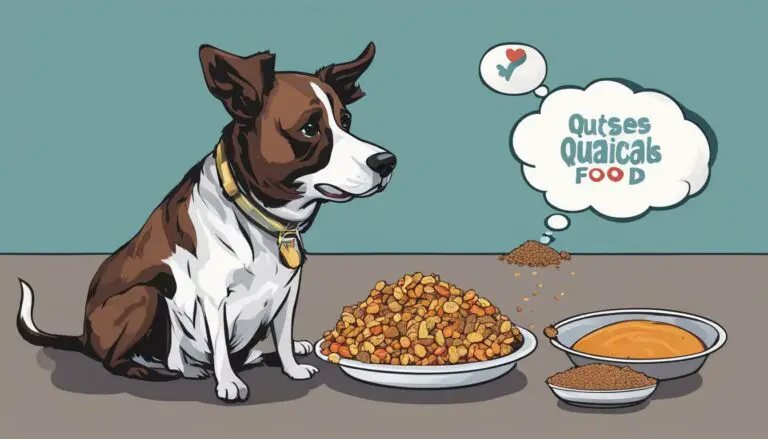Can Dogs Eat Nutter Butters? Experts Weigh In on Pet Nutrition
When it comes to our pets’ health, we often wonder if they can enjoy the same treats we do, like Nutter Butters. Are Nutter Butters safe for dogs?
The answer isn’t straightforward. While unsalted, dry-roasted peanuts and homemade peanut butter can be safe, salted and flavored varieties may pose risks due to high sodium, fat levels, and potential choking hazards. Caution is critical, and removing any peanut shells that could be harmful is crucial.
Some peanut butter may also contain xylitol, a toxic artificial dog sweetener. Responsible pet owners should consult a veterinarian to make informed treat choices, prioritizing their furry friend’s well-being.
Risks of Xylitol in Peanut Butter and Nut Butters
Pet owners must be aware of the unexpected items that may contain xylitol, such as packaged goods, candies, jams, protein bars, flavored waters, and even dental products. It’s crucial to read ingredient labels and keep xylitol-containing products out of reach of dogs.
The Dangers of Xylitol
Xylitol is a sweetener safe for human consumption but highly toxic to dogs. When ingested by dogs, xylitol triggers the release of insulin, leading to a rapid decrease in blood sugar levels, a condition known as hypoglycemia.
Symptoms of xylitol poisoning in dogs include vomiting, loss of coordination, seizures, and even coma. In severe cases, xylitol can cause liver failure, which can be fatal.
It’s important to note that even small amounts of xylitol can be dangerous for dogs, so it’s crucial to be vigilant and keep all products containing xylitol out of their reach.
Peanut Butter and Cats: A No-Go
While dogs may enjoy peanut butter as an occasional treat, it is not recommended for cats. Peanut butter offers little nutritional value for felines and can lead to various health issues.
One of the main concerns with feeding peanut butter to cats is its potential for weight gain. Peanut butter contains a high amount of calories and fat, which can contribute to obesity in cats. Additionally, some cats may have difficulties digesting peanut butter, leading to digestive upset and discomfort.
Furthermore, peanut butter poses a choking hazard for cats, mainly if it contains large chunks of nuts. Cats have a delicate throat and digestive system; peanut butter’s sticky texture can cause blockages or obstructions.
Risks of Peanut Butter for Cats:
| Risks | Explanation |
|---|---|
| Weight Gain | Peanut butter is high in calories and fat, which can contribute to obesity in cats. |
| Choking Hazard | The sticky texture of peanut butter can pose a choking hazard for cats, mainly if it contains large chunks of nuts. |
| Digestive Upset | Some cats may have difficulties digesting peanut butter, leading to gastrointestinal issues. |
Peanut Butter as a Hideaway for Medication
Utilizing peanut butter to administer medication to dogs and cats can be helpful, especially for pets reluctant to take pills. Peanut butter’s sticky texture and appealing flavor can effectively mask the medication. However, it is crucial to employ this approach responsibly and with caution.
When choosing peanut butter to conceal medication, carefully examine the nutrition label to ensure it does not contain harmful ingredients such as xylitol. Xylitol, an artificial sweetener, is toxic to dogs and can result in serious health issues like hypoglycemia and liver failure. Opt for plain, unsalted peanut butter to eliminate any potential risks.
Aside from scrutinizing the ingredients, it is essential to be mindful of the serving size of peanut butter. While the temptation may be to use more significant amounts to conceal the medication completely, limiting the quantity of peanut butter administered is vital to prevent excessive calorie intake.
Table: Peanut Butter as a Medication Hideaway Dos and Don’ts
| Do | Don’t |
|---|---|
| Check the nutrition label for harmful ingredients like xylitol | Use flavored or salted peanut butter |
| Use plain, unsalted peanut butter | Exceed the recommended serving size |
| Monitor the pet for any adverse reactions | Use peanut butter as the only method of medication administration |
Peanut Allergies in Pets
Pet owners should be aware that peanut allergies in pets are still significant, though less frequent than in humans. Recognizing signs such as itching, skin redness, swelling, hives, gastrointestinal issues, and breathing difficulties is crucial.
If your pet shows these symptoms after consuming peanuts, consult a veterinarian promptly for diagnosis and treatment. Regularly monitoring your pet’s behavior and physical condition is key to early detection of allergic reactions.
Table: Peanut Allergy Symptoms in Dogs and Cats
| Common Symptoms of Peanut Allergies | Signs in Dogs | Signs in Cats |
|---|---|---|
| Itching and redness of the skin | ✔ | ✔ |
| Gastrointestinal upset (vomiting, diarrhea) | ✔ | ✔ |
| Hives and swelling | ✔ | ✔ |
| Difficulty breathing | ✔ | ✔ |
Safe Alternatives to Peanut Butter for Dogs and Cats
Here are some pet-friendly spreads and healthy treats that dogs and cats can enjoy:
1. Almond Butter
Consider almond butter a safe alternative to peanut butter for dogs, as it is rich in healthy fats, protein, and vitamins. Ensure the chosen almond butter is xylitol-free by checking the ingredient label carefully to avoid potential toxicity. Offer in moderation to prevent digestive issues.
2. Greek Yogurt
Greek yogurt is a healthy dog option, packed with protein, calcium, and probiotics for digestive health. Opt for plain, unsweetened varieties to avoid harmful additives. Offer in moderation as a standalone treat or mix with pet-friendly fruits and vegetables for added flavor.
3. Wet Cat Food
If you are using peanut butter to administer medication to your cat, consider using wet cat food instead. Wet cat food can help mask the medication while providing moisture and essential nutrients. Make sure to consult with your veterinarian for the appropriate amount and frequency of wet cat food for medication.
| Dogs | Cats | |
|---|---|---|
| Almond Butter | ✔ | |
| Greek Yogurt | ✔ | |
| Wet Cat Food | ✔ |
Conclusion
To ensure pet food safety and responsible treat choices, owners should prioritize their pet’s health. While some dogs can enjoy small amounts of unsalted peanut butter, caution is needed due to potential risks like choking, high sodium, and xylitol poisoning.
Peanut butter is unsuitable for regular cat consumption as it lacks nutritional value and may lead to health issues.
Consulting a veterinarian for personalized nutrition guidance is highly recommended. Vets can offer alternatives to peanut butter, ensuring pets receive safe and nutritious treats tailored to their specific needs.
FAQ
Can dogs eat nutter butter?
Nutter butter, which are peanut butter-flavored cookies, are not recommended for dogs. They often contain high sugar, fat, and artificial ingredients that can harm dogs. Sticking to dog-friendly treats specifically formulated for their nutritional needs is best.
Is xylitol found in peanut butter?
Xylitol, an artificial sweetener, can be found in some peanut butter and nut butter brands as a sugar substitute. However, it is highly toxic to dogs and should never be consumed by them. It’s important to read ingredient labels and avoid products containing xylitol.
Can cats eat peanut butter?
Peanut butter is not recommended for cats. It offers no nutritional value for them and can lead to weight gain, digestive issues, and choking hazards. Cats with certain health conditions should avoid peanut butter altogether.
Can peanut butter be used to hide medication for pets?
Peanut butter can be used to hide medication for dogs and cats, but it should be done cautiously. Always check the nutrition label to ensure it does not contain harmful ingredients like xylitol. Serving sizes should be limited and should not exceed 10% of the pet’s daily calorie intake. Wet cat food is a better alternative for cats.
What are the signs of peanut allergies in pets?
Signs of peanut allergies in pets may include itching, redness or swelling of the skin, hives, gastrointestinal upset, and difficulty breathing. If your pet exhibits these symptoms after consuming peanuts or peanut butter, consult a veterinarian for proper diagnosis and treatment.
What are safe alternatives to peanut butter for dogs and cats?
Dogs can enjoy other nut butters, like almond or cashew butter if they do not contain xylitol. Greek yogurt and pureed fruits and vegetables can also be healthy and tasty dog treats. Cats should stick to their regular cat food, and wet cat food can be used as a substitute for peanut butter when administering medication.
What should be considered when feeding pets?
When feeding pets, prioritize their health and safety. Be aware of potential risks like choking hazards, sodium content, and xylitol poisoning. Consult with a veterinarian for proper pet nutrition and treat choices.






